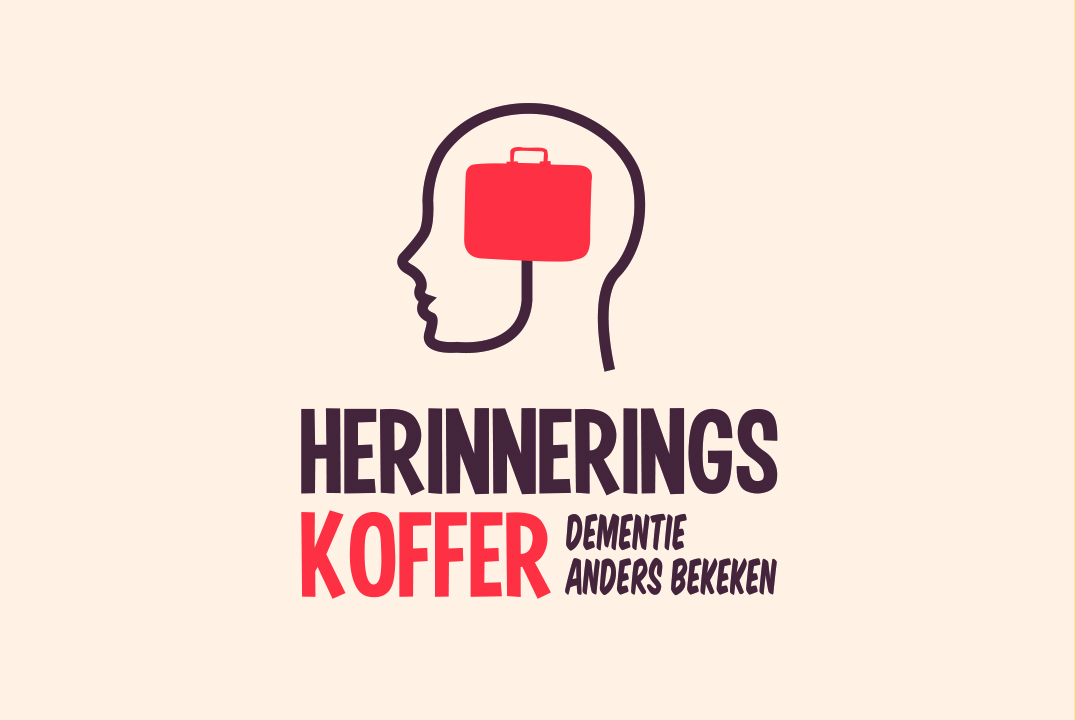
“Change your attitude towards people with dementia and make a difference every day."
That is, in short, Tim Carpentier’s attitude to life.
Tim works in a residential care home and discovers how dementia changes lives every day. He searched and found a way to help prepare carers, family members, environments and even people with dementia themselves for just that.
“Everyone has a strong desire to fulfil themselves. You want to do and try things. Dementia doesn’t change any of that. I want to help people fulfil that strong desire when the time comes. The development of the memory box has been an important step in providing that support.
In the memory box, people can recover stories. They’ve done and experienced so much. They can relive their daily lives in which they had a central role using the objects in the box.
But I wanted more. I visited several care homes with the memory box. I talked to employees and family members. About taboos, about powerlessness and about loss. Again and again. My attitude to life is just a little too positive, so I felt I had to do something.
Life is a series of prejudices. Everyone immediately has an opinion on everything. Sometimes they’re right and they’re usually based on personal experiences.
Dementia, and a person with dementia, is often regarded as a terminal stage. As soon as the diagnosis of dementia is made, a countdown clock seems to start. The person with dementia and their environment will then perpetuate a feeling of saying goodbye, wherever they are and whatever they do.
And I’d like to change that. Yes, things will be different, but there’s still so much enjoyment to be found in that new situation.
We use different approaches..
Working with the people We ask people with dementia what they’re able to do, what they know, what they find important.
working with the environment Residential care homes can easily give more attention to people with dementia. After all, care is about more than just washing and dressing. It’s also about devoting attention to the small things. Putting on nice music while you’re caring, paying extra attention to those short conversations. Intuitive flair is useful. Everyone is entitled to a fair environment, including people with dementia. That’s why spontaneity has to become part of caring again. Many things need to be registered, including in care. So it’s important that enough (creative) space is allowed for a personalised approach that will automatically be valued. In other words, a registration system must leave room for customized care.
working on public opinion We want to bridge the gap through highly accessible projects, exhibitions and accessible activities. A prejudice will continue to exist as long as the other side of the gap isn’t known. That’s why building bridges is so important. The projects we organise are very accessible. Everyone can participate. With these projects, I want to show that you don’t need to be an expert who has all the answers. No, a lot can and even has to be done from within yourself. Only you know best what you should or shouldn’t say or do when dealing with people with dementia.
If you would like to be kept informed of new activities, subscribe to our newsletter. This newsletter is not daily, weekly or monthly, but only if there is something new to tell.
We only use your information for personal use
© 2017 MTJ. All rights reserved | Design by W3layouts